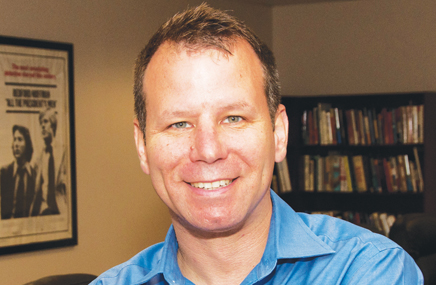Watching pharma executives, sometimes you have to wonder, “Will these guys ever learn?” Case in point, industry’s assault on the FDA’s conflict-of-interest rules, created to ensure that the purportedly “objective” physicians who sit on government safety panels remain as free of corporate financial influence as possible.
But these rules have miffed companies who are irritated at FDA’s renewed focus on safety, since this makes it harder for physicians with corporate sponsors to serve on these panels. Not impossible, but harder. Industry has responded by pressuring Congress and the FDA. You can find evidence of this in House and Senate bills designed to roll back FDA safety rules. I wonder which lobbyists worked with staff to write these bills?
And we can rely on the FDA’s Janet Woodcock to rush to industry’s defense. In recent statements, she has cited the specter of conflict-of-interest rules in slowing down pharmaceutical approvals.
But as the Project On Government Oversight has pointed out, neither the FDA nor any company can provide evidence that conflict-of-interest rules have slowed drug approvals or harmed patients.
On the contrary, the FDA’s data shows that they have sufficient waivers to ensure conflicted physicians can serve on safety panels if no other experts are available. So why the hullaballoo?
It’s the typical knee jerk response to any safety rule at the FDA. It’s really just that simple. But companies need to put patients first, and face the reality that drug safety scandals seriously harm their most important sources: the investors who own the companies.
Paul D. Thacker is Chief of Investigations at United Republic, a nonpartisan nonprofit seeking to expose and reform the corrupting influence of money in politics.
From the January 01, 2012 Issue of MM+M - Medical Marketing and Media







